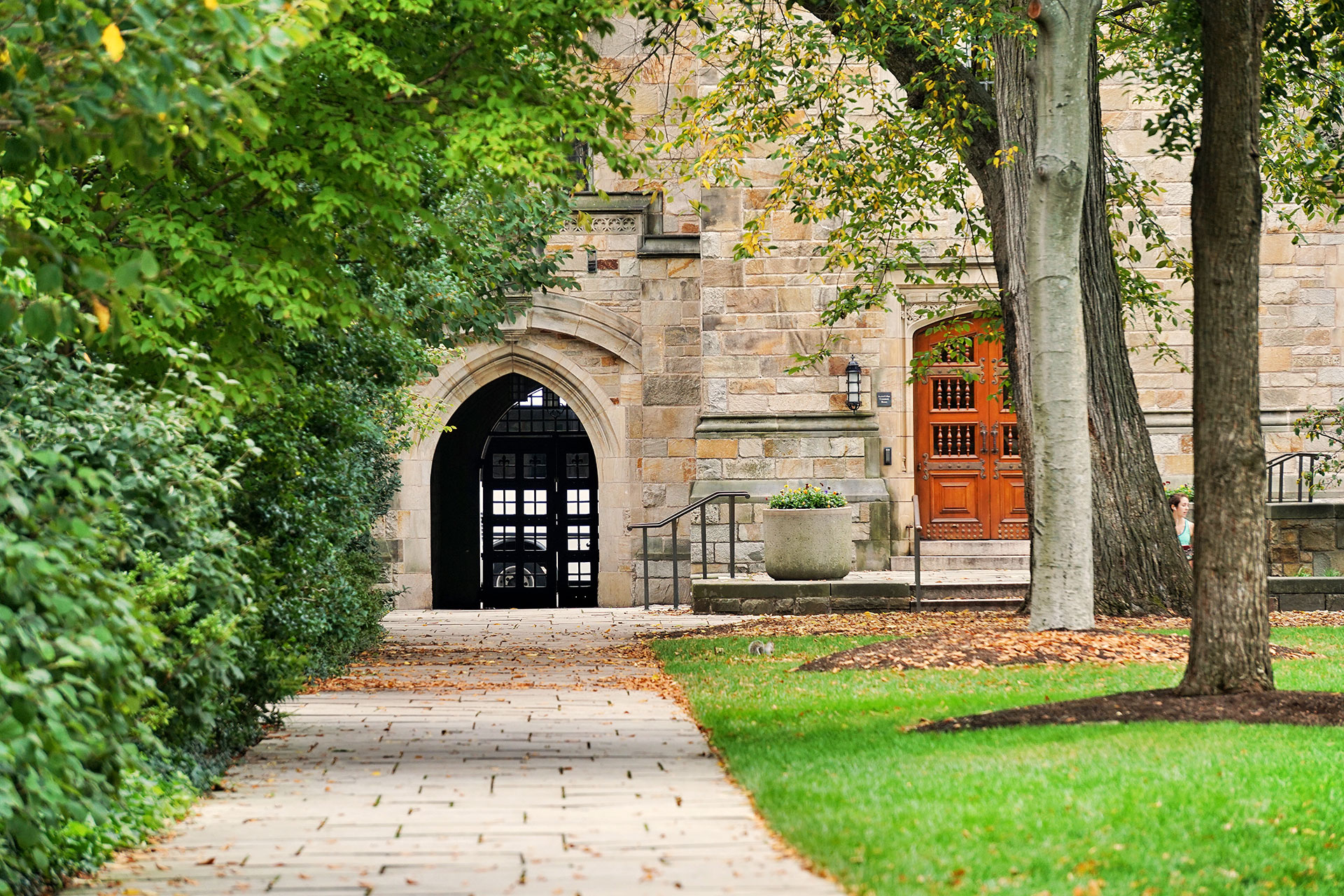
How many times have you heard: “My son has 34 on his ACT, perfect math scores, and 4.54 weighted gpa and he didn’t get into (insert here the name of any elite, highly selective institution with acceptance rates below 20%). The parents are perplexed and outraged that some other student, who could not possibly have those same metrics, got in. They begin to look for reasons, justifications, how someone could have stolen their son’s spot. They knew someone, they gave money, the high school dropped the ball. You listen sympathetically, secretly wondering what is the truth? How could a student with such superior metrics not get in? What happened? Most likely, nothing. There was nothing suspicious, and the student still was turned down. The question is why? Sometimes, there is no good answer, just dumb luck. The sheer amount of qualified applicants vastly outnumbers the seats available. At the same time, the truth is that we all have bought into the same false assumption that grades and scores alone are distinguishing factors that guarantee acceptance to elite institutions. We disregard the information when the admissions officers tell us that they read applications holistically and value extracurricular activities. We are undervaluing the subtext.
After watching this scenario play out year after year, we realize that grades and scores are important, but they will never be determinative. They simply are the starting point, a threshold, punching one’s ticket. After that, the colleges are more concerned if your student has maximized the opportunity to take the most rigorous curriculum available to them at their specific high school. Schools want to know that an admitted applicant will be able to handle the work at its particular institution, that’s it. When a school publishes its median grades and scores, believe them. These numbers mean that the middle 50% of the class falls within that range, and once your student hits that range, the level of excellence becomes immaterial. In speaking with the Dean of Admissions of a top Ivy League school, he told us that he needed to see a minimum test score of 33 ACT and grades within range, after that, it’s everything else. Common chatter suggests that scores on the lower end of the range are accommodations for athletes and legacies, but that is not usually the case. In fact, legacies often score at the higher end of these ranges, admittedly due to informed parents, wealth, access, and opportunity.
Grades and scores are enough to get a student placed in the “to be considered” file instead of the “no” pile. This is the point at which everything else comes into play. Every elite college we visit says two things: 1) it can fill their class three times over, with perfect GPAs and test scores (by the end of the third class, it will begin sacrificing diversity); and 2) it reviews the applications holistically. When schools say this, they are not lying. The Director of Admissions at another elite institution, admonishes that the last thing you want is to have your application stamped “NSO,” nothing stands out.
University of Pennsylvania’s admissions webpage says the following:
We have real conversations about your record of academic excellence and intellectual curiosity, your passions, hobbies, leadership skills and potential impact on our campus. We want to know what you’re like as a student, friend, family member, and innovator, so we can understand how you might fit in as a Penn classmate, leader, roommate, citizen and future world-changer.
So, be open when you’re applying. Let your application be yours, and yours alone. Help us discover who you are. Tell us your dreams. Share what’s important to you, and how you would flourish on Penn’s campus. Tell us your story, we’re listening.
The point is, once you have met the threshold, you need to show the universities everything else that you are about. If you have spent every moment, squeezing every 100th out of your gpa, but failed to immerse yourself, legitimately and deeply, into “some other thing,” your application could fall short. By the way, this “other thing” need not be a school sponsored activity, sport, nor laboratory research. This “other thing” could be taking care of a younger sibling, holding a job, a hobby, anything. Anything that you do that is real, authentic, and verifiable, not just because you think you need to put some activities onto your college applications.
The universities are smart and getting smarter. They can distinguish between lifelong passions and responsibilities, and a shallow list of disconnected activities thrown together at the last minute because your college counselor said you need some extracurriculars. Extracurriculars that “mean” something should be challenging, time consuming, meaningful to you or someone else. They should be hard. They should compete with your ability to stay on track with school. Sorry. If it were easy, everyone would be doing it. These experiences are the things that make applicants interesting and the kind of people the admissions officers want to bring into their communities. This is how students build and demonstrate grit and resilience. In the end, colleges want interesting candidates who can do the work, for sure, but also have had life experiences that have thrown them a bit. They want students who not only want to live “their own best lives,” but are looking to gain knowledge and experiences so that they can go out into the world and make an impact. Keep the academics in line and up to speed, but do something else important and interesting that makes a difference to you or someone else.






